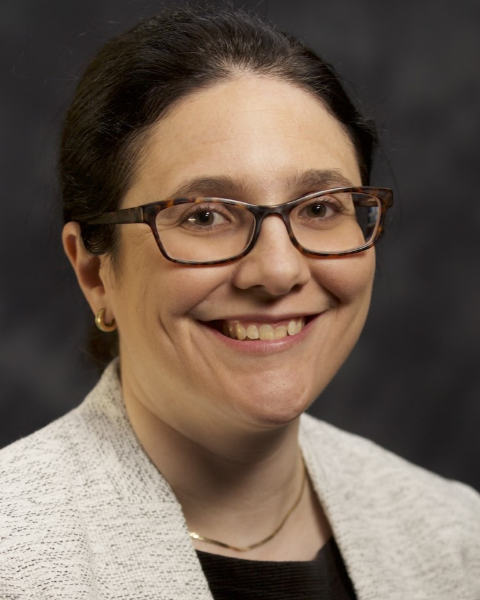Virtual Symposia
Training and Education
Mentoring Across Differences: Finding Common Ground. Sponsored by ACLP's Mentorship Subcommittee
.jpg)
KEWCHANG LEE, MD, FACLP, FAPA
Clinical Professor of Psychiatry
University of California, San Francisco
San Francisco, California
Sara Nash, MD, FACLP, DFAPA
Program Director - Fellowship in Consultation-Liaison Psychiatry
Columbia University Irving Medical Center
New York, New York
Jeong Hoo Lee, MD
CL Psychiatrist
Brigham and Women's Hospital
Boston, Massachusetts- JG
Janna Gordon-Elliott, MD, FACLP
Associate Professor of Clinical Psychiatry
Weill Cornell Medicine
New York, New York 
Paula Zimbrean, MD, FACLP, FAPA
Director, Inpatient Psychological Medicine
Yale School of Medicine
New HAven, Connecticut
Lead Speaker(s)
Speaker(s)
The importance of mentorship in medicine is well-recognized. Mentorship promotes increased engagement in one’s field, enhanced learning, and personal and professional growth. In particular, mentors can help trainees learn about the “hidden curriculum” of ethics, values, professionalism, and the art of medicine that cannot be learned from texts. Maximizing the productivity of such relationships requires self-awareness, mutual respect, and explicit communication about the relationship between the mentor and mentee. Given that success in academics does not guarantee good mentoring skills, it is critical to ensure faculty development in this realm. While the benefits of mentorship are clear, there are many barriers to successful mentorship, including lack of time for mentorship and training in mentorship skills, poor monitoring by formal mentorship programs, and mismatch between mentor and mentee. In a survey of faculty at one academic institution, almost 70% of respondents reported having a mentor, but 21% rated their mentor as being low quality. Furthermore, it was found that faculty who reported their mentorship as being high quality had a significantly decreased likelihood of being stalled in rank and an increased likelihood of high job satisfaction (Walensky et al, 2018). Since mentorship is fundamentally a relationship, it can be compromised by the same interpersonal dynamics that affect all relationships. The risk of such compromise may be compounded by structural disadvantage due to gender bias, racism, social class, and other discriminatory factors (Osman et al, 2018). Given the underrepresentation of minoritized populations in medicine, it is critical to ensure that faculty have the skills to mentor trainees whose identities differ from theirs. The goal of this Mentorship Subcommittee-sponsored workshop is to promote discussion about mentorship, its impact on trainee wellness, and the challenges that can arise in a mentor-mentee relationship. Format/Timeline: Walensky RP, Kim Y, et al. The impact of active membership: results from a survey of faculty in the Department of Medicine at Massachusetts General Hospital. BMC Med Educ. 2018 May 11;18(1):108.
- Paula Zimbraen will provide an overview of mentorship and its role across the lifespans of physicians. (15 minutes0
- Janna Gordon-Elliott and Sara Nash will review the impact of mentorship on trainee wellness, the challenges to a successful
relationship between mentor and mentee, and ways to improve mentorship skills. (20 minutes)
- Kewchang Lee will review how identity and intersectionality can impact the mentor-mentee relationship and strategies to address
this.
- Workshop participants will then break out into small groups to discuss case scenarios that present challenges in mentorship.
(15 minutes)
- Eric Lee will facilitate a report-out from the break groups and large-group discussion. (25 minutes)
References:
Osman NY, Gottlieb B. Mentoring across differences. MedEdPORTAL. 2018 Aug 24; 14:10743.Learning Objectives:

